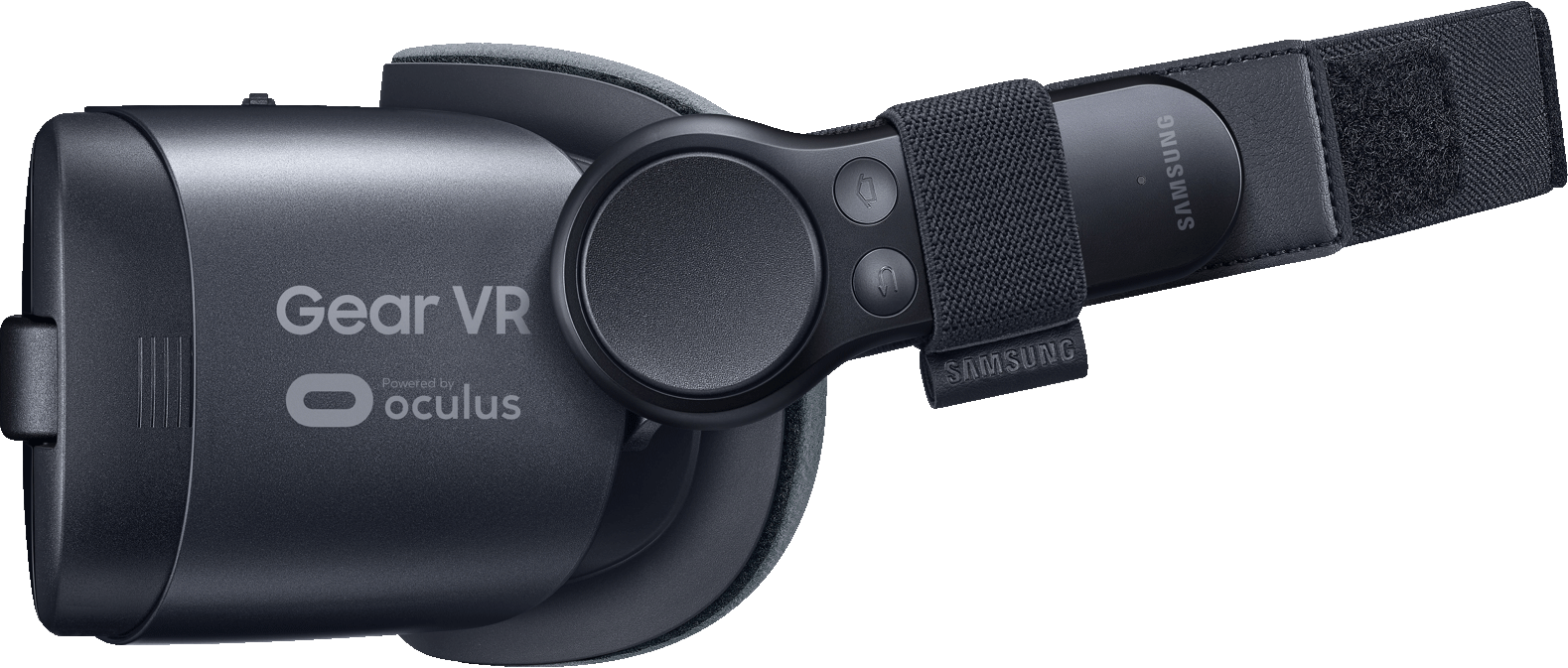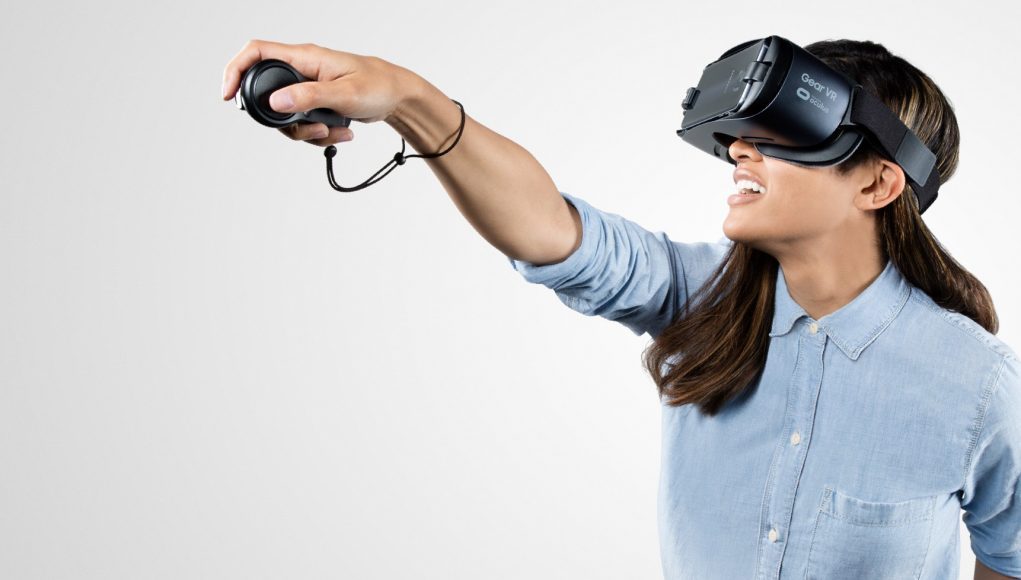Samsung Electronics has recently signed a partnership with Korean VR studio FNI and Gangnam Severance Hospital, one of South Korea’s largest hospitals, to develop VR-based mental health diagnosis programs for Samsung Gear VR.
The goal, a report by ZDNet maintains, is to eventually commercialize the VR apps in 2018 for use in hospitals, dementia centers, and schools, before they head to general consumers at some later date.
The apps, developed by FNI, will use medical data obtained from Gangnam Severance Hospital and target Samsung’s Gear VR headset. The ZDNet report maintains that the app will focus on cognitive behavior therapies for suicide prevention, and include psychological assessment tools using the Samsung’s Bixby AI assistant.

Besides Gear VR and Bixby, the diagnostic tool will also incorporate data retrieved from the Gear S3 smartwatch and the S Health app.
With these partnership, Samsung is looking to capitalize on the Gear VR headset’s ease of mobility, which only requires a flagship Samsung smartphone to run—ranging from the Galaxy S6 line all the up way to the new Note 8.
The company recently collaborated with Sydney, Australia-based VR studio Start VR to develop a Gear VR app to help alleviate stress for diagnosed cancer patients undergoing chemotherapy treatment at Chris O’Brien Lifehouse, a hospital dedicated to fighting cancer in all aspects, both physically and mentally.
SyncThink, a Boston-based startup, created a portable concussion diagnostic tool that uses a tablet and either a Gear VR or Oculus Rift DK2 fitted with an SMI eye tracker. The system, called Eye Sync, is already in use at the athletic divisions of University of Texas and Iowa State University.
It’s not only mobile headsets though that are useful for diagnosing health issues, just take a look at all of the VR health apps making news.







